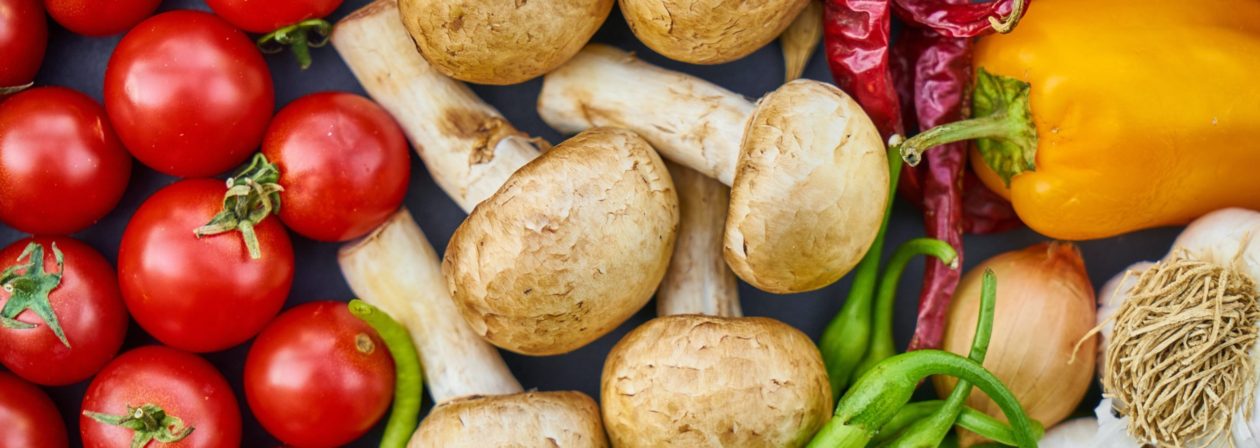
If you are interested in being eco-friendly, you’ve probably heard of the phrase Reduce, Reuse, Recycle. But what does that mean, actually? And how can you go about it? That’s what I want to discuss with you today.
I think in western society today, it’s really common to think “oh I recycle, so I’m living green!” The truth is, it’s not quite that simple. I wanted to go over this phrase that gets thrown around a lot because I think many people either don’t know what it actually means or really haven’t given it much thought.
So, if you want to live a more eco friendly lifestyle, the first thing you’ll want to get down is this idea of “reduce, reuse, recycle”. Let’s break it down so we know what we’re referring to!
Reduce
Firstly, reduce. We’re talking about reducing consumption of products in general, here. Don’t buy what you don’t need or are going to use. Work on curbing your excess.
I think this one is probably the least exciting for us because all it really refers to is putting a damper on our consumerism. However, it is instrumental in living a green lifestyle.
Reuse
So the second point is reusing what you can. Take those old jars and use them for flowers or more storage. Use your old socks as polishing rags. Be diligent in finding new uses for old items and packaging you might otherwise discard. This way, you reduce all of your output of waste.
This is one area that I personally could stand to improve in. I do think it’s a skill that requires creativity, but the more you practice it, the better you get. The truth is, we can use what we buy for more than just what we buy it for and the more we do so, the better off our planet will be.
Recycle
And then we get to recycling. Recycling is the closest you can get to putting something in the trash. You buy a jar of pickles, for example. You eat them all and then you rinse the jar and put it in the recycling bin.
At your local recycling center they break down materials and use them to make new materials for packaging new products. It’s better than trash because the materials that were used to package your items can be broken apart and made into something new with a little bit of elbow grease.
The issue with recycling
So the operative term there is “with a little bit of elbow grease”. You see, it takes a lot of time, effort and resources to be able to successfully recycle these materials and so while it is better for the planet than simply throwing them away, it’s not as sustainable as we like to believe.
Order matters
This is where we get into the nitty gritty of the phrase “reduce, reuse, recycle”. Because in this case, order matters. What I mean is that they are in order of priority.
You want to make sure that you prioritize reducing first and foremost. Then, out of what you cannot reduce, try to reuse as much of it as you can. And what you cannot reduce or reuse, look to make strides towards recycling.
So really, by priority I don’t mean order of importance, but rather prioritizing by chronological order. Each step is important in the chain of reduction and they necessarily must be on this order.
Heading to zero waste?
This isn’t the same as zero waste, but it does the best job of lowering your waste for people who aren’t able or willing to go zero waste themselves. If you’re someone who already recycles because you care about the planet, try these two approaches to lowering the amount of waste that you make. First reduce, and then reuse!
Thank you for reading my thoughts. I hope it was helpful in beginning to conceptualize what you can do to begin to lower the amount of waste that you’re producing. If you’re interested in more ways to be eco friendly, check out my post on how to get started on water conservation here. And if you enjoy what I have to say, subscribe to the blog to get updates when a new post goes live! And as usual, have a lovely day.
